Eating right is important at any age. Nonetheless, it can be challenging to maintain a healthy diet as our body ages. As people get older, they do fewer high-energy calorie-burning tasks. This means they need fewer calories, but still require the same nutrients in their diets. Men fifty and older need 2,000 calories a day and women need 1,600 to 1,800 calories a day according to the estimates from the American Dietetic Association which makes it extremely important to continue good health through elderly nutritional habits and a good diet.
When trying to get a nutritional diet together for the elderly, there are some distinctions to think about:
1. Since saliva production decreases as the body ages, stomach acid production reduces as well. Which means it may be necessary to make dietary changes for the nutrients to be processed properly.
2. The sense of taste and smell deteriorates with age as well. And because flavors aren't as distinct as they were, many elderly may use condiments such as sugar and salt excessively. Overusing these items can lead to other health concerns like Type 2 diabetes which makes it vital to maintain good eating habits.
3. Maintaining a consistent weight is essential to good health. Decreasing caloric intake to match a reduced physical activity can allow people to gain weight. This can lead to diabetes, high blood pressure and other illnesses. Osteoporosis, memory loss and other dangerous conditions can come from a low caloric intake as well.
4. Some people find that dining alone can be depressing and instead of eating, they may skip meals instead of eating alone. This is one nutritional habit that must be diminished.
5. Medications can sometimes change the way foods taste or it could even affect the appetite. Medical professionals will know if medications will affect your diet so always check with them to see what they will be.
Maintaining Proper Hydration
Many of the elderly also have a decreased thirst mechanism and don't feel very thirsty. Since fluids are necessary to distribute nutrients throughout the body, in home caregivers, caregiver agencies and family members need to guide them to build new elderly nutritional habits by reminding them to drink plenty of water throughout the day and especially with food.
Getting the Proper Nutrition
As our bodies age, the nutritional needs change which means changing habits as well. Although most bone mass is attained by 18 years in girls and 20 years in boys, older adults need more Vitamin D and calcium to sustain healthy bones. In order to have a healthy diet, you'll want to include proteins from eggs, fish, meats, poultry and even dairy products. Whole grains and other carbohydrates such as those provided by fruits and vegetables are important as well. You will also need fiber and healthy fats that are a good source of omega-3 fatty acids like those from nuts, fish oil and other foods.
Support for Nutrition and Diet
Although it can be challenging to maintain a good nutritional diet, suitable in-home caregivers and agencies can make it easier by helping deliver nutritional meals and purchasing healthy groceries. Many will only eat foods that have been sweetened, so you can add honey or brown sugar to their foods like oatmeal and you can also add low fat milk or fruit to enhance the foods nutritional value also.

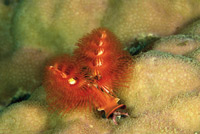 Aiptasia
Q. I have Aiptasia all over my aquarium and have been
Aiptasia
Q. I have Aiptasia all over my aquarium and have been
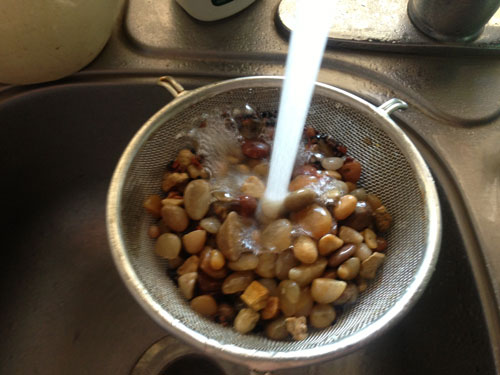 How to Get Rid of Cloudy Aquarium Water
Occasional cloudy water is an issue for nearly all aquarists
How to Get Rid of Cloudy Aquarium Water
Occasional cloudy water is an issue for nearly all aquarists
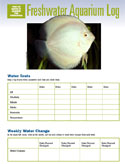 Aquarium maintenance logs for freshwater, saltwater and reefkeeping aquarists
Thank you for signing up for the FishChannel newsletter, the
Aquarium maintenance logs for freshwater, saltwater and reefkeeping aquarists
Thank you for signing up for the FishChannel newsletter, the
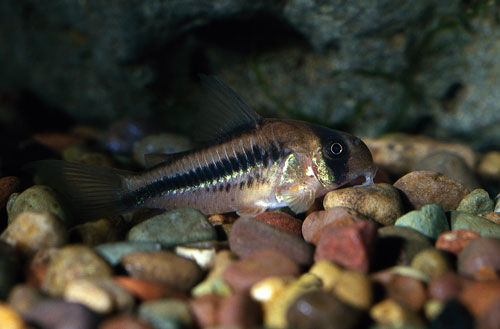 Top 10 Fishkeeping Mistakes
Aquarists can say they’ve never made a mistake in their fish
Top 10 Fishkeeping Mistakes
Aquarists can say they’ve never made a mistake in their fish
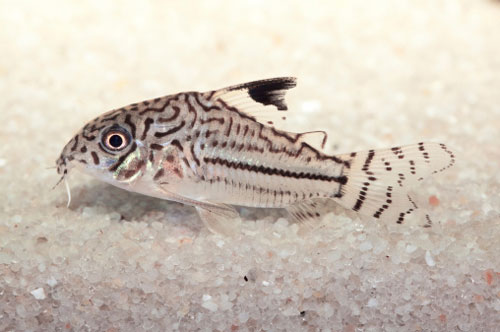 Keep Your Aquarium Clean With These Tank Tools
Success in maintaining a freshwater system takes applied kno
Keep Your Aquarium Clean With These Tank Tools
Success in maintaining a freshwater system takes applied kno